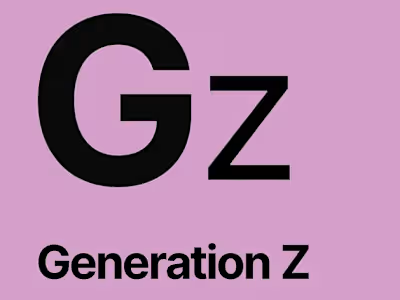Navigating the Ethical Landscape: Artificial Intelligence in Mod
Introduction:
The intersection of artificial intelligence (AI) and modern healthcare has brought forth revolutionary advancements. As AI becomes increasingly integrated into medical practices, it raises profound ethical questions that demand attention and careful consideration. This article delves into the ethical dimensions of using AI in healthcare, exploring both its potential benefits and the challenges it poses.Benefits of AI in HealthcareAI technology has the potential to transform healthcare in numerous ways:Early Diagnosis and Predictive Analysis: AI-driven algorithms can analyze vast amounts of patient data, aiding in early disease detection and risk assessment.Personalized Treatment: AI can tailor treatment plans based on a patient's genetic makeup, medical history, and response to interventions, optimizing care outcomes.Enhanced Imaging and Diagnostics: AI-powered imaging techniques improve the accuracy of diagnostics, leading to quicker and more precise medical decisions.Drug Discovery and Development: AI expedites drug discovery by sifting through complex data sets and identifying potential compounds for further research.
Ethical Concerns:
While the benefits are promising, ethical concerns must be addressed:
Data Privacy and Security: AI relies on vast patient data, raising concerns about data privacy, security breaches, and patient consent.
Transparency and Accountability: The opacity of AI decision-making processes raises questions about the accountability of algorithms in medical decisions.
Job Displacement: The integration of AI may lead to job displacement for healthcare workers, requiring measures to reskill and retrain the workforce.
Bias and Fairness: Biased training data can lead to discriminatory outcomes, highlighting the need to ensure fairness in AI algorithms, especially in healthcare settings.
Balancing Technology and Human Touch:
Maintaining a delicate balance between AI-driven healthcare and the human touch is crucial. Human expertise, empathy, and the ability to contextualize patient experiences remain irreplaceable. AI should be viewed as a tool that augments medical professionals' capabilities rather than supplants them.
Ethical Guidelines and Regulation:
The healthcare industry must establish clear ethical guidelines and regulatory frameworks to ensure responsible AI adoption. These frameworks should address issues of transparency, accountability, bias mitigation, and patient consent. Collaboration among ethicists, medical professionals, policymakers, and AI developers is essential to define best practices.
Conclusion:
The integration of AI in modern healthcare holds immense potential to revolutionize medical practices. However, the ethical considerations surrounding its use cannot be overlooked. As we embark on this transformative journey, it is imperative that we address these ethical concerns thoughtfully and proactively. By doing so, we can harness the power of AI to improve patient outcomes while upholding the values and principles that underpin the field of healthcare.
Like this project
Posted Aug 29, 2023
Exploring AI in healthcare: benefits (diagnosis, treatment), ethics (privacy, bias), need for guidelines. Balance tech & human care for responsible adoption.
Likes
0
Views
2



